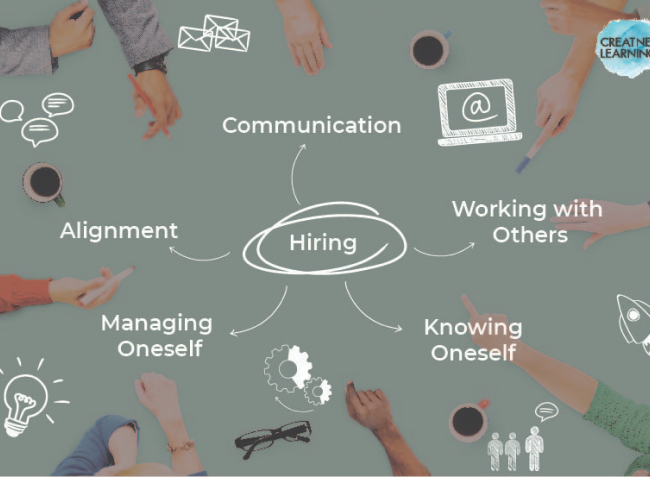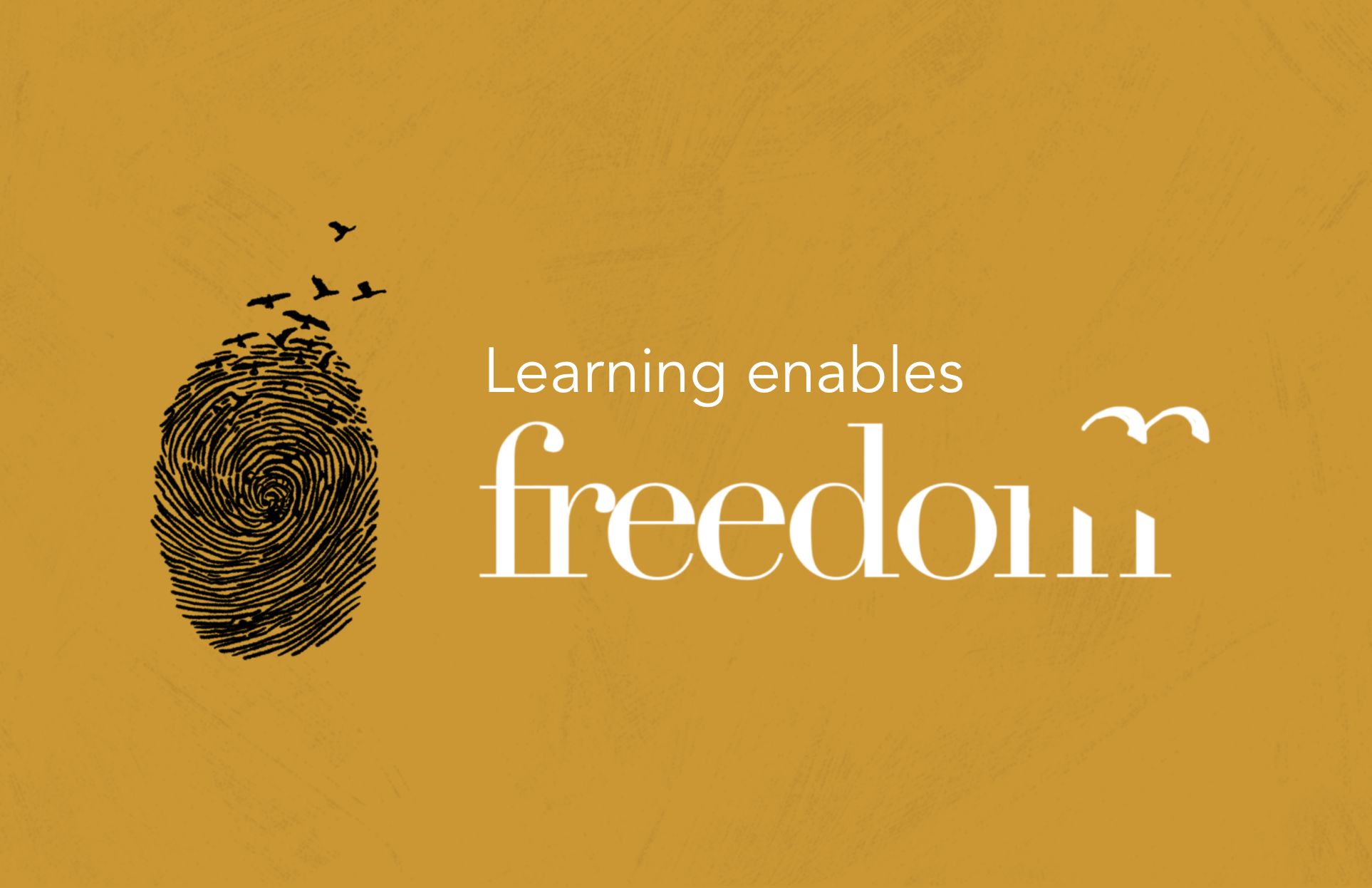Our Blog
How Organisations can ask the right question at the time of hiring

In the course of working with various organisations, we’re often asked questions on value-based hiring or how to assess value alignment when hiring a candidate. This is especially true when hiring for senior-level positions. We’ll try to answer these questions in this article. Furthermore, the purpose of this article is to give some examples of the kind of questions that can show whether the candidate is fit for the role they are applying for and a culture fit for the organisation. Read ahead to learn about how we go about the process of hiring right for our clients.
Caution – As an interviewer, one must be careful to consider all possibilities and not jump to conclusions very quickly. Idea is to see a pattern and not decide based on one or a few instances. An interviewer should also not reject a candidate immediately just because competency is missing. Acceptance or rejection depends on the context of the organisation, the role being interviewed for, the urgency to fill the need and the market conditions of job candidates.
Another point to remember is that one does not need to check for all the competencies mentioned below. One should identify the “must-have competencies” and only check for those. The lack of one or a few of the must-haves can be a signal for elimination thereby saving some interviewing time.
During an interview, people work hard to put their best foot forward. The only way, we have found, to break this is to try to go beyond the obvious answers. This will be clear as we describe some of the ways to test competency.
Responsibility
The crux of responsibility is to check what the person has done or is capable of doing if things are not going his / her way. There are multiple ways to check for this.
Reasons for leaving
Everyone has a reason to leave the past organisation. Whether it is lack of learning, not enough salary or whatever other reason one can think of. But what is important here is to check whether the candidate is leaving as is or has he/she informed the manager/company of his / her problem. It is important to check what the person has done in past companies to communicate and solve his / her problem(s). This will help uncover the candidate’s mindset. It is extremely risky to get a candidate who does not communicate problems. But it is best to get a candidate who will not only communicate problems but will also try to suggest ways to solve them. This is especially important if you are looking for managerial positions.
Problems with project / team / manager
Similar to above, everyone has always had a problem with their project, team members, managers, etc. The point is to find out what it is that they did to rectify. The more the person has tried to work on the problem himself/herself, the better the candidate is. If the candidate has become victim to the circumstances, you may want to think it through before hiring especially in managerial positions.
Notice period
To us, this is very important unless the person is already unemployed. We want a person who is willing to serve out a notice period because they want to make the transition smooth and closeout whatever is on their plate. If a person is willing to join immediately or ASAP if we put pressure or if we throw a bone of buying out their notice period then we consider it as a red flag.
Learning to Learn
In an interview, everyone will answer what they have recently learnt. It is important not to stop there. We must probe and see what is it that they have learnt, how is it that they have learnt, why have they chosen to learn this particular topic and how are they using what they have learnt. The candidate must explain what they recently learnt to the interviewer as if they are a 5-year-old kid. The interviewer, like a 5-year-old kid, must question to dig deeper even if it seems like a stupid question.
We have sometimes faced situations where the candidate says they have not learnt anything recently. Instead of rejecting the candidate, we try to give them something to learn and then, later on, explain to us what they learnt as described above. This may require giving the candidate some time or conducting the interview again on a different day. We recommend doing this only if you think the candidate is worth your time.
Knowing Oneself
Here we check for people’s strengths, vision, values and whether they are vulnerable. We have found the first three to be difficult to gauge. Most people just starting their careers seem to be oblivious to this. Most people young in their careers also do not have much of a vision for themselves beyond becoming a team lead. This is perfectly valid. Sometimes when the words strength, values, vision, etc. do not work, it is important to find other words that will work. Vulnerability, on the other hand, is very easy to gauge as mentioned below.
To find strengths, the interviewer may ask them to narrate situations where they did well. Then ask what they did that helped them succeed in those situations. If a pattern emerges, then it is their strength. Do not limit yourself to work. Especially for younger people, the interviewer may have to get into personal accomplishments in school, family, sports, etc.
To find values one may ask for situations that made them comfortable/uncomfortable in doing so. Initially one may need to pick standard values like honesty, etc. and get them to recount situations where they were honest or cut corners. Here, the interviewer needs to reserve judgments to themselves and try to make the candidate feel as safe as possible. Candidates will close up if they feel they are being judged.
No one is perfect. Everyone makes mistakes at some time or the other. If a person recounts their mistakes and what they learnt from them, then they are vulnerable and also take responsibility. This is especially true if they hold themselves responsible for the mistake or at least find something that they could have done differently. But if they are only talking about their strengths and are avoiding talking about their mistakes or weaknesses then they are not vulnerable and to us, it is a red flag. Our thumb rule is that the more senior the position is the more vulnerable the ideal candidate needs to be.
Managing Oneself
Here we check for the following. Others can add to the list as they come across more items to check.
- Managing time against multiple projects.
- Keeping management and team informed of progress, roadblocks & next steps.
- Trying to keep a balance between professional and personal life – this is just another way of looking at the first one.
Here, the questions could be more to understand their planning process. The key is to get into the details of what it is that they plan for and why it is that they plan this way. Try to discuss the pros and cons of their approaches and other approaches to understanding them better.
The other thing to check for is when is it that the person raises an alarm of having too much on their plate. We have found the following people finding it difficult to raise an alarm in due time.
- People new in their careers
- People having high ownership – not being able to raise an alarm in due time is their weakness
Questions asking them to recount their experience when they had a lot of work, and have been useful in identifying how a person can manage oneself.
Working with Others
Here we check to see how the person has dealt with conflicts related to their team members, managers and clients. Here too, if the person has worked towards solving differences, then the candidate is responsible. If the manager or HR was involved to solve the problem, then the person may not necessarily be irresponsible. It depends on the context. What can be checked is the role the candidate played in the conflict and then decide.
Another way to check is whether the person likes to do the work on their own or get the team involved. This is especially important for senior positions. If the person always does the work on their own then the team will never learn and the candidate will always be busy and not have time to learn/work on new things.
Communication
We have found the presence or absence of this competency naturally during the interview process. We have not had to dig for it. This is probably the easiest competency to test for if you are paying attention. The ideal candidate can communicate well in the shortest possible words. Some people are not comfortable in English and if it is a customer-facing role, we call it out. If written English is required, we give them a written exercise like documenting something that they know well.
Some people appear good in English and use really big words but seem to say very few meaningful words. These are the guys whom we give immediate feedback during an interview and if they continue doing so we raise a red flag. To us, they are either trying to show off or trying to hide something that they are not good at. We also try to ask specific questions which have specific answers in these cases.
For example, if we have asked a candidate about their development process and if we hear big words, we will warn them about it and give them another chance. If they continue, we sense that we might have uncovered a weak point. So we get into specifics of their development process, pros, cons, etc. in our questioning.
Understanding and Aligning to Organisation / Customers
Here we are combining two competencies. In our experience, a person will align to an organisation and a customer only if he/she is responsible. One good way to check for this is to see how a person reacts when the customer changes the due date/requirements of the project. If the person has taken the time to empathize with the customer and understand why the change is being made, then this person is capable of aligning with the organisation and customer. If the person is also able to communicate the same to his team members and get them to feel the same way, then this person can also generate very valuable trust.
The best way to check for this is either to ask for past experiences or create a theoretical project and then add scenarios where things change and then see how the person reacts and what he/she comes up with as the next steps.
We hope the article brought to light the importance of hiring based on specific parameters; the advantages of setting expectations and aligning with an interviewee at the time of hire; and how it’s essential to set expectations from the beginning rather than after someone is already hired.
Suggested Blogs

Action Committees: A Micro Paper
What is an action committee? An action committee is a group of people within a department or different departments who work together temporarily (for a stipulated period of time or…
Learning Enables Freedom - Independence Day, August 15th Event
On this Independence Day, August 15th, as we approach our 75th year of independence, leaders from organisations, non-profit institutes, government school systems, and youth leaders from our Youth Leaders Program…


